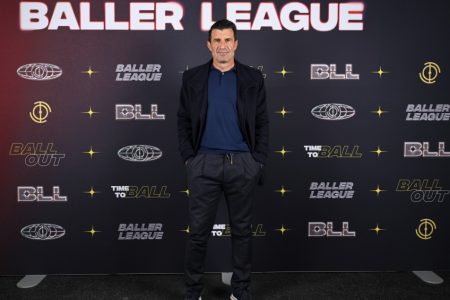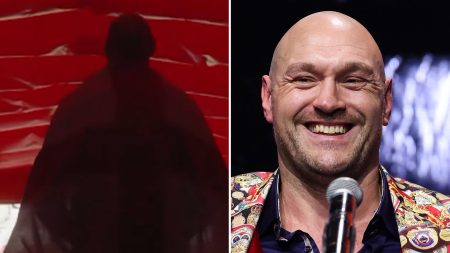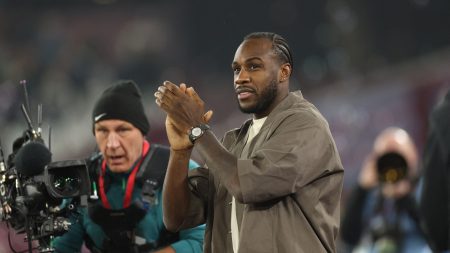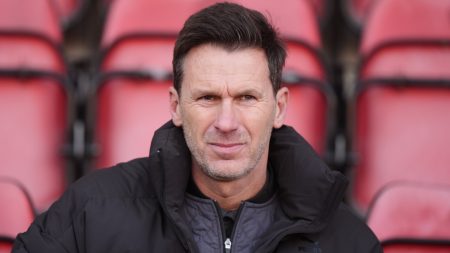Gavin Henson, the former Welsh rugby international known for his flamboyant style and on-field prowess, has revealed he is on the autism spectrum. This diagnosis, he believes, explains his struggles with social interactions and maintaining friendships, particularly with his former teammates. Henson, who retired from professional rugby in 2019, admits he finds it challenging to connect with people on a deeper level, often feeling that interactions with his former rugby colleagues are transactional rather than genuine friendships. He attributes this difficulty to his autism, stating that he finds social situations easier to navigate after having a drink. This revelation provides a new lens through which to view Henson’s career and public persona, offering insight into the challenges he may have faced within the demanding and highly social environment of professional sports.
Henson’s candid admission sheds light on the often-hidden struggles of individuals on the autism spectrum. Autism Spectrum Disorder (ASD) is a lifelong neurodevelopmental condition that affects how individuals perceive the world and interact with others. Characterized by difficulties with social communication and interaction, as well as restricted, repetitive patterns of behavior, interests, or activities, ASD manifests differently in each individual, leading to a wide spectrum of experiences and challenges. Henson’s experience highlights the social aspect of the condition, revealing the difficulties he faces in forming and maintaining friendships. His description of feeling like his former teammates “want something” from him underscores the challenges autistic individuals may face in interpreting social cues and understanding the nuances of social relationships.
The revelation of Henson’s autism diagnosis also adds context to his past behaviors and interactions within the rugby world. Known for his individuality and sometimes unconventional approach to the game, Henson now suggests that his autism may have contributed to others perceiving him as “different” or difficult to understand. He reveals that he learned to “fake” fitting in with the team to ensure he could play, suggesting that he may have masked his autistic traits to conform to the expectations of a highly social and team-oriented environment. This masking, a common coping mechanism employed by autistic individuals, can be emotionally and mentally taxing, requiring significant effort to present a persona that aligns with social norms.
Henson’s story underscores the importance of understanding and accepting neurodiversity within all spheres of life, including professional sports. The pressure to conform within team environments can be particularly challenging for autistic individuals, who may struggle with the unwritten social rules and expectations that govern team dynamics. Henson’s experience highlights the need for greater awareness and support for neurodivergent individuals in sports, creating environments where they can thrive without feeling pressured to mask their true selves. His openness about his diagnosis contributes to a broader conversation about the complexities of autism and the importance of creating inclusive spaces for all.
Beyond the rugby field, Henson has embraced a new chapter in his life, now running a gastropub in the Vale of Glamorgan. He expresses contentment with his current life, suggesting a shift in priorities away from the demanding and public-facing world of professional sports. This transition may reflect a desire for a less socially demanding environment, where he can operate according to his own terms and preferences. The structured and routine-oriented nature of running a business may also be well-suited to the preferences of some autistic individuals, providing a sense of predictability and control. This new chapter in Henson’s life suggests a focus on personal well-being and a pursuit of activities that align with his strengths and interests.
Henson’s public disclosure of his autism diagnosis serves as a valuable contribution to raising awareness and understanding of ASD. By sharing his personal experience, he humanizes the condition and challenges common misconceptions about autism. His story emphasizes the diversity within the autism spectrum, highlighting that autistic individuals can excel in various fields, even those as demanding as professional sports. Henson’s openness encourages a more inclusive and accepting society, where neurodivergent individuals are recognized for their unique strengths and contributions, rather than being defined solely by their diagnosis. His story reminds us that everyone, regardless of their neurology, deserves understanding, acceptance, and the opportunity to thrive.










